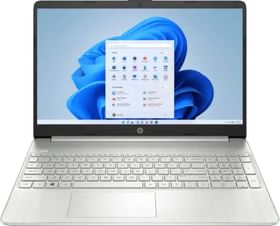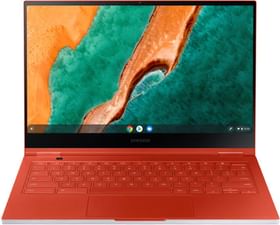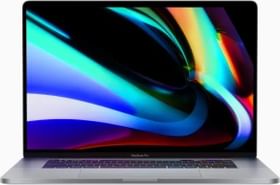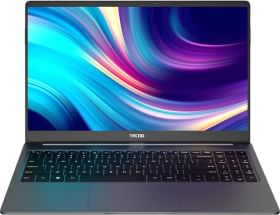We all have heard about the famous Epic Vs. Google lawsuit. It eventually ended up in favor of Epic as Google’s Play Store was declared a monopoly. Cut to now, it seems like Google is battling another lawsuit and this time, it is a whopping $7 billion at stake after a computing company alleged Google infringed its patents on processors used for AI processing in Google products.
On Tuesday, a Massachusetts-based computer scientist Joseph Bates at the Singular Computing, told jurors that the search engine giant has copied his technologies and has been using them in AI development. According to his lawyer Kerry Timbers, Google and Bates were discussing the prospects of collaborating between 2010 to 2014 where Gates discussed how his AI-supporting chips can power today’s AI processing under the hood.
Unbeknownst to him, Google allegedly copied his innovations and used them in their Tensor processing units (TPU). These chips power various AI features including Google Translate, Google Search, Gmail, and other services, says Kerry.
For the unversed, TPUs are used in consumer-facing devices such as laptops or smartphones. They are rather used in Google’s infrastructure where these processors crunch computational power to run AI and ML algorithms needed to run the AI services aforementioned.
The lawyer presented threads of email exchanges within Google where now-chief scientist Jeff Dean, tagged Bates’ ideas as ‘well suited’ for developing AI at Google. Kerry further adds that Google introduced its first line of AI processors in 2016 capable of ad recommendations, content generation, and speech recognition. However, versions 2 and 3 breach patent rights at Singular Computing, and thus, the lawsuit should go to trial.
In defense, Google’s lawyer Robert Van Nest says Joseph is a “disappointed inventor”. He reportedly shared his ideas with Meta Platforms ChatGPT, Amazon.com, and Microsoft, however, to no avail.
Google’s AI chips are fundamentally different from that Singular has patented as per Robert. Google was asked to pay up to $7 billion in monetary damages against infringing two patents filed by Singular Computing pre-trial. However, during the trial, Kerry changed the terms to the $1.67 billion that Google is entitled to pay.
Google has asked the US appeals court to squash the lawsuit and mark it invalid in a separate case. The trial will continue for two to three weeks.
You can follow Smartprix on Twitter, Facebook, Instagram, and Google News. Visit smartprix.com for the most recent news, reviews, and tech guides.
































